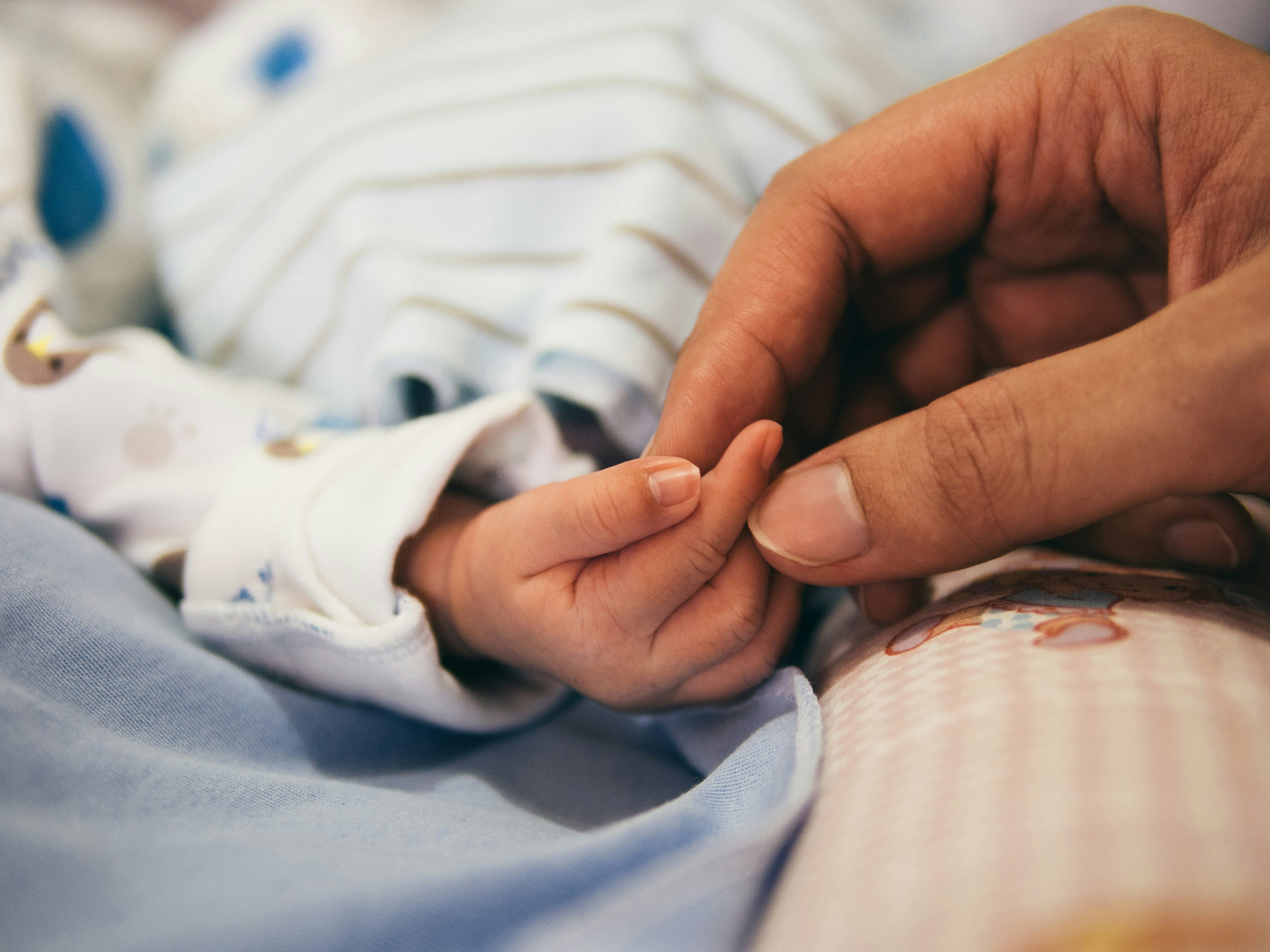Oct 15, 2025

“Knowledge is held in stories, and stories are held in the body. To listen is to witness, and to witness is to become accountable.”
— Leanne Betasamosake Simpson (2017)
October is Perinatal Mental Health Awareness Month, a time to slow down and listen to the real stories behind the phrase “baby blues.”
Postpartum depression (PPD) affects about one in five new parents worldwide (O’Hara & Swain, 1996; Liu et al., 2022). But behind each statistic is a human being trying to rebuild identity, body, and belonging after birth. Parenting a new baby, even with every book ever written and all of the advice in the world, can still feel completely overwhelming and can leave us feeling unsure about what to do or who we can reach out to.
PPD is not simply sadness; it’s an intersection of exhaustion, hormonal change, social pressure, and structural stress. Symptoms can include irritability, anxiety, feelings of detachment, or loss of pleasure. The studies by O’Hara (1996), Gaillard (2014), and Silverman (2017) confirm that both biology and circumstance matter: hormonal shifts may open the door, but isolation and stress often push it wide open.
Recent research shows young mothers face particularly high risk of PPD. Marsland et al. (2022) and Daoud et al. (2019) found that limited social support, financial instability, and stigma around “doing motherhood right” amplify distress. Many young parents report feeling scrutinized rather than supported. Instead of community care, they encounter judgment which is a dynamic that intensifies shame and discourages help-seeking.
Postpartum Depression doesn't discriminate, even as a mature parent you might find yourself feeling like you are expected to have things “together and figured out."
Across cultures, the meaning of postpartum emotions varies widely. For newly migrated parents, those seeking refuge or asylum, or BIPOC parents navigating daily stigma, cultural context profoundly shapes the experience of parenting a newborn. Indigenous mothers’ experiences of postpartum depression cannot be separated from the impacts of colonization and the loss of cultural supports (Leason, 2021). Similarly, immigrant women may silence their distress to protect family reputation. When care systems fail to acknowledge and incorporate culture, this pain often grows in silence (Mamisachvili et al.).
Western culture sells an image of perfect motherhood: smiling photos, clean homes, gratitude “at all times”. It’s the commenter in the grocery store with your screaming 6 month old who drops the disapproving stare and says with glee, “enjoy it while it lasts” that can make validating that you feel you are suffering impossible. Scobie (2020) calls this intensive mothering—a neoliberal ideal that demands constant self-sacrifice.
Pressure disconnects us from one another and it breeds loneliness. When care becomes competition, compassion disappears.
We are bombarded with new information about the best way to parent, the best gear to buy, with images of people who seem to have it “all together”. Consumption of this kind of content can become extremely unhelpful. Perhaps connecting with other parents closer to home is better for your sense of self. That way you can meet real life parents who can understand that your hair isn’t done and you maybe didn’t get a chance to get the baby burp off your shirt while running errands.
Perinatal mental health is a justice issue. Access to stable housing, maternity leave, and culturally safe care predicts well-being as much as any hormone level. Community, ceremony, and storytelling are medicine. Social workers, nurses, and communities can nurture healing by restoring those relational networks. The point is….you are not alone…and if you are at this moment…we’re here to say that you don’t have to be.
If you’re a new or expecting parent feeling overwhelmed:
APA References
Becker, J. C., Hartwich, L., & Haslam, S. A. (2021). Neoliberalism can reduce well-being by promoting a sense of social disconnection. British Journal of Social Psychology, 60(3), 947–965.
Eaton, A. A., & Stephens, D. P. (2020). Reproductive justice: Moving the margins to the center. Journal of Social Issues, 76(2), 208–218.
Leason, S. (2021). Indigenous women’s stress and postpartum depression. Journal of Indigenous Wellbeing, 6(2), 44–58.
Liu, Y., et al. (2022). Prevalence and risk factors of postpartum depression in women. BMC Psychiatry, 22, 1–16.
O’Hara, M. W., & Swain, A. M. (1996). Rates and risk of postpartum depression. International Review of Psychiatry, 8(1), 37–54.
Scobie, O. (2020). Postpartum depression and intensive mothering. Canadian Social Work, 22(3), 39–45.
Wang, Y., et al. (2021). Factors influencing paternal postpartum depression. Frontiers in Psychology, 12, 1–12.






